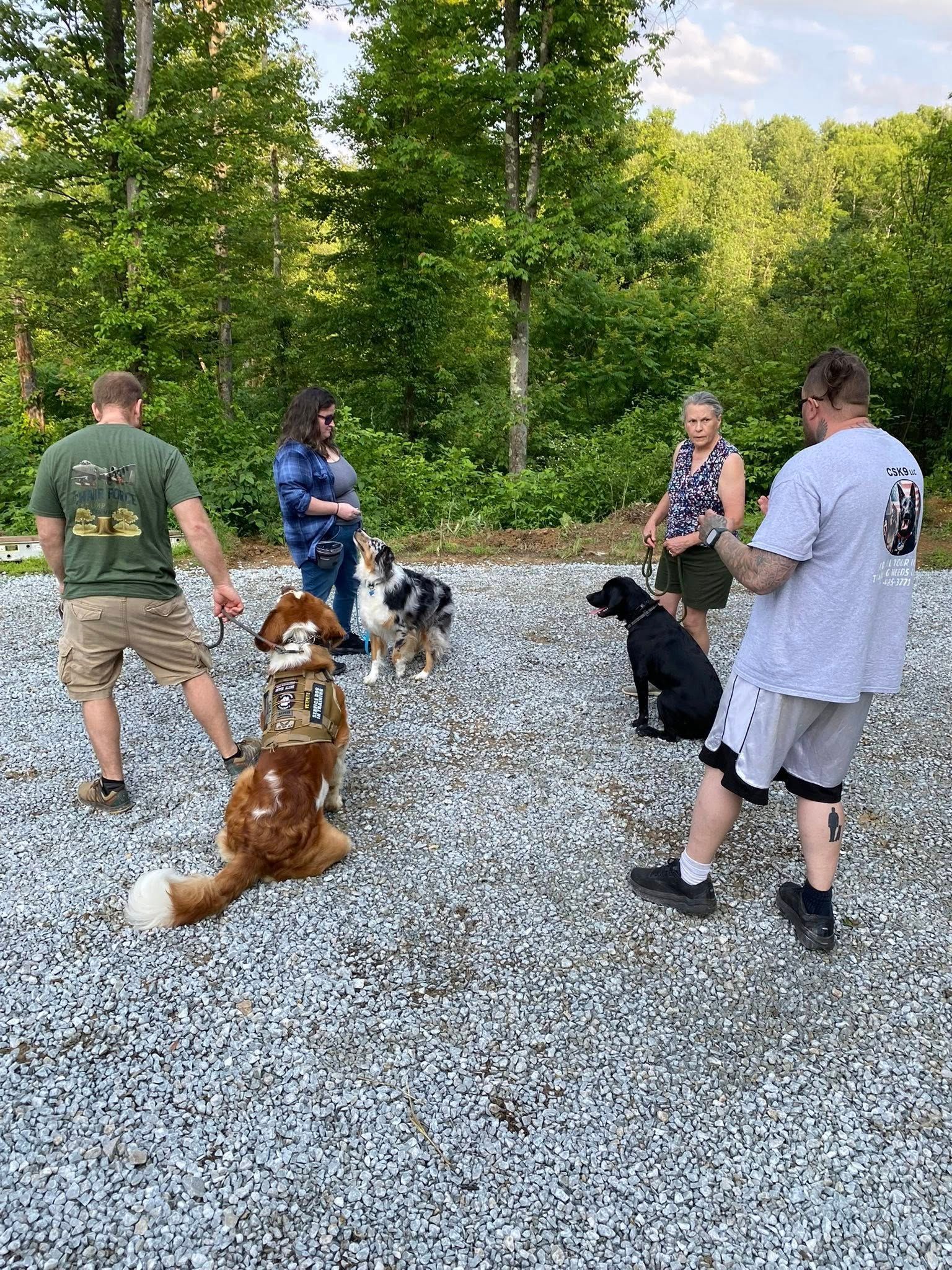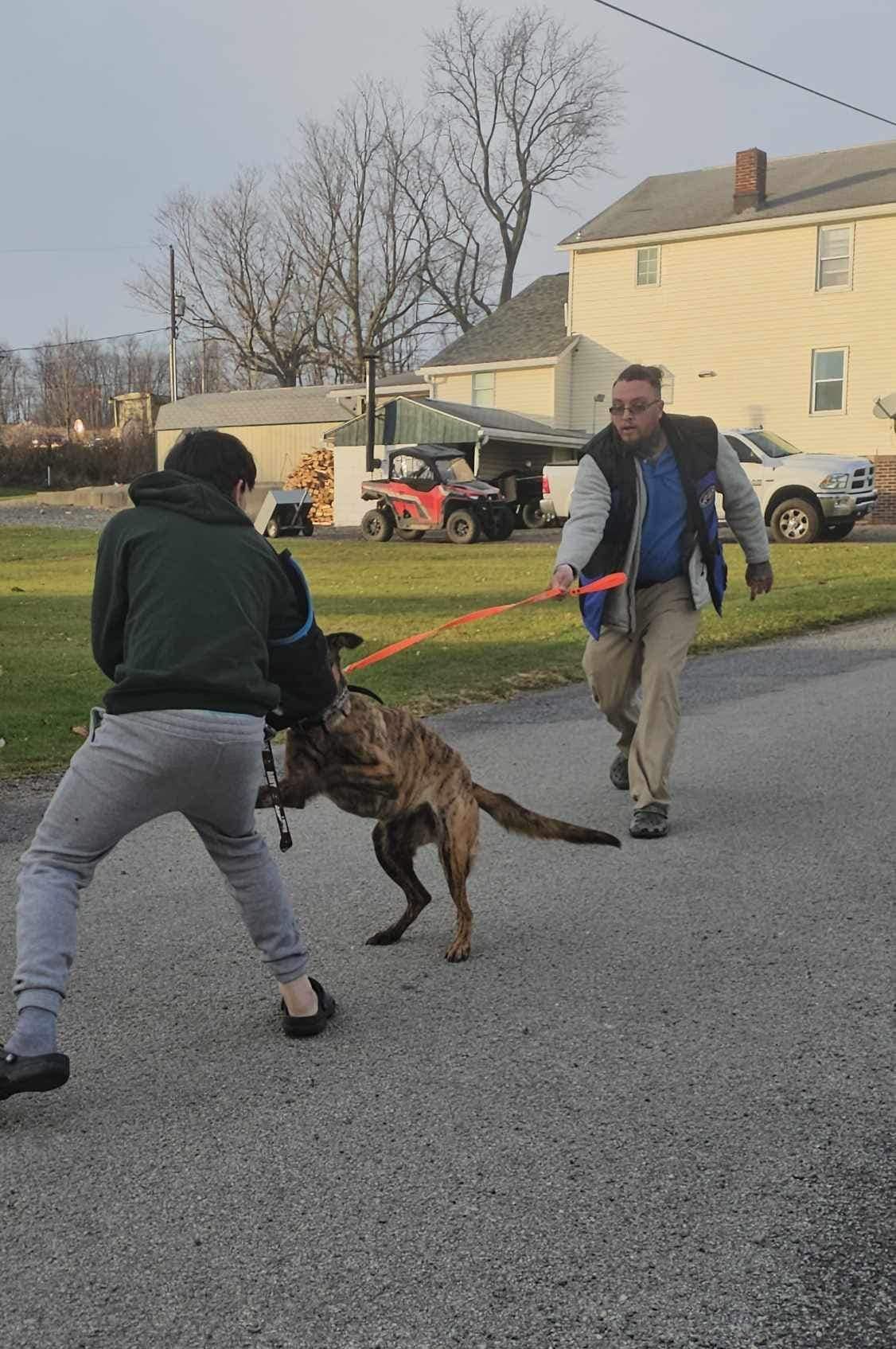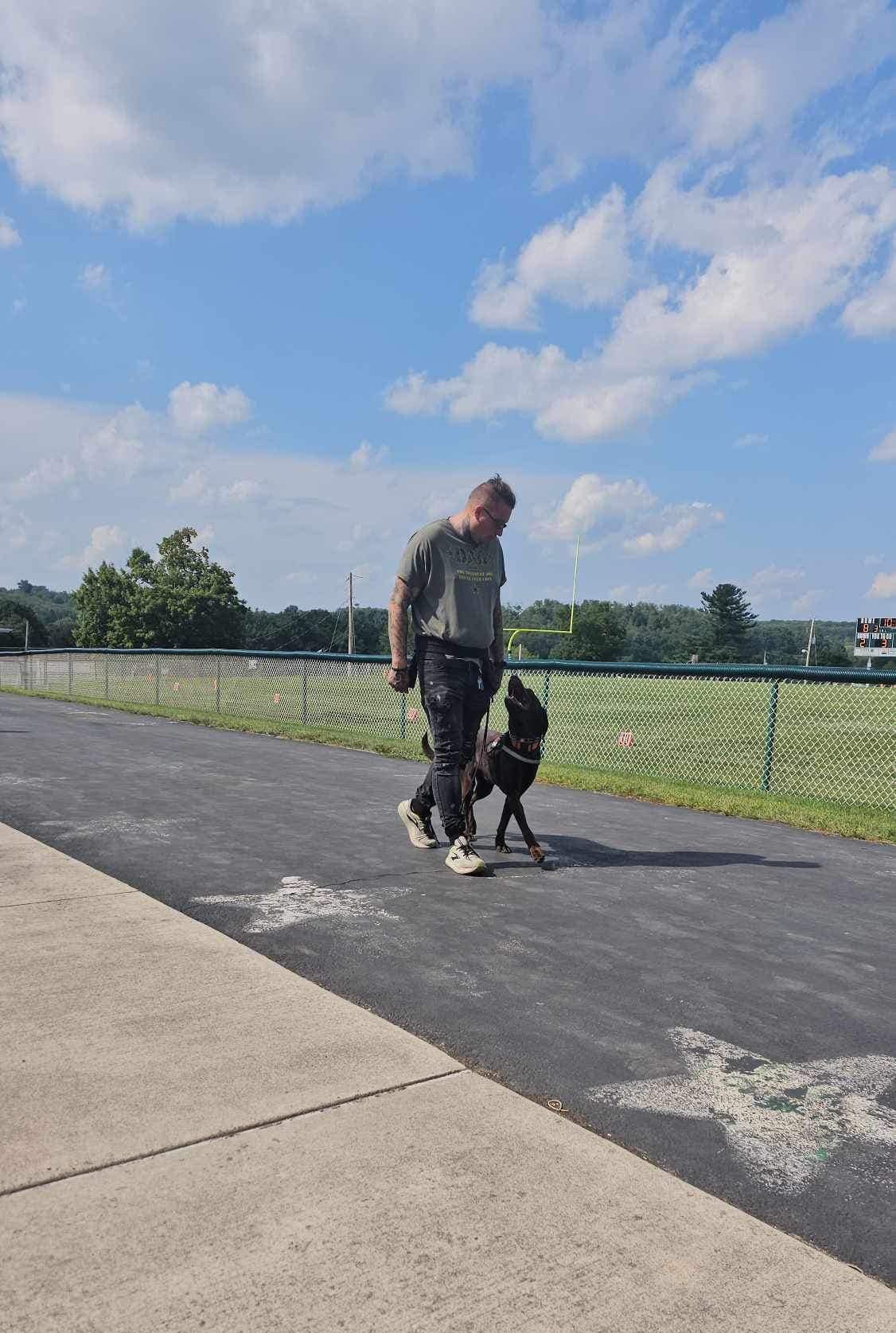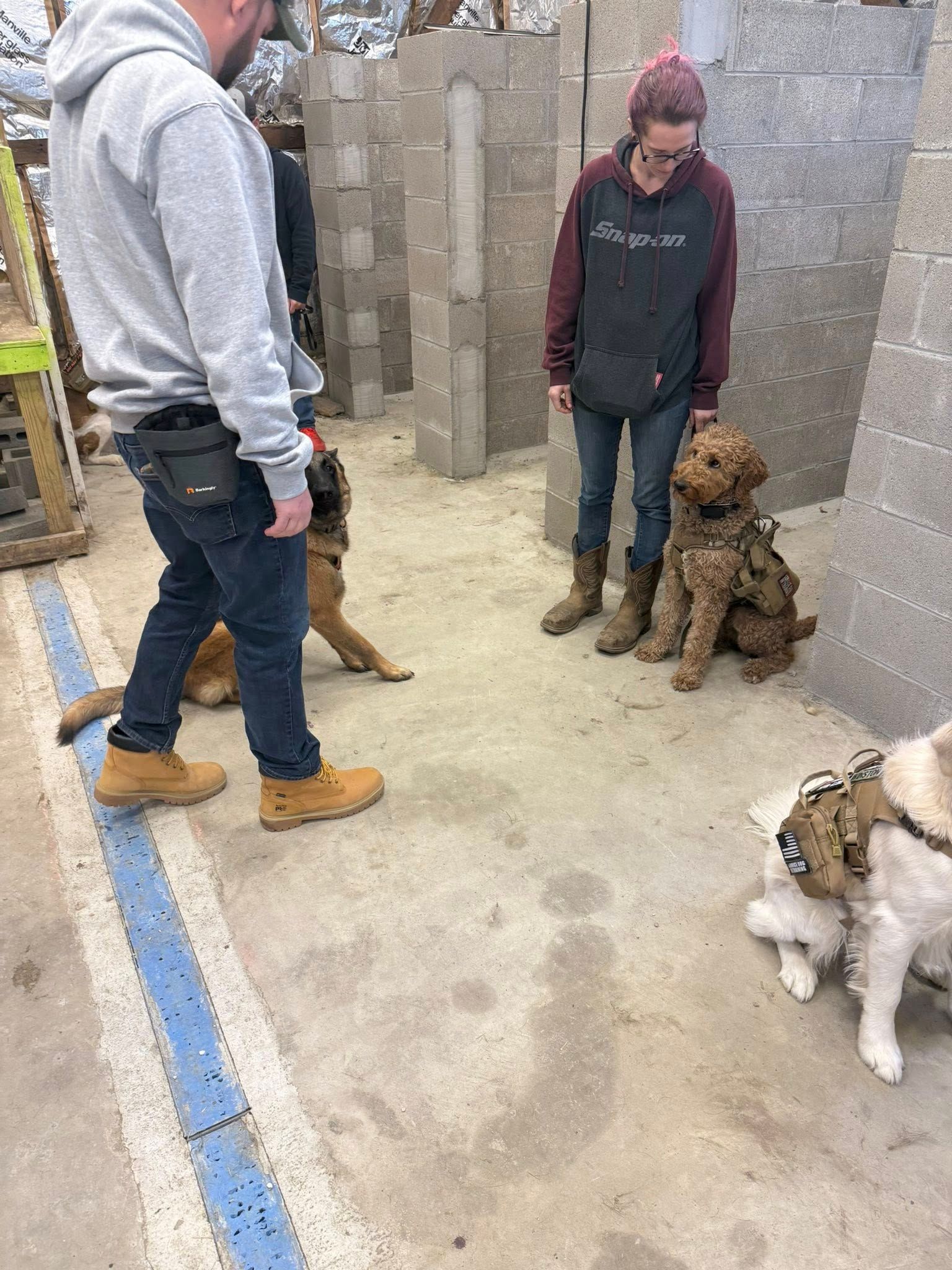Personal Protection Dog Training in Pennsylvania: What You Need to Know
Personal Protection Dog Training: What Pennsylvania Families Need to Know
Personal protection dog training represents an advanced level of canine education that goes far beyond basic obedience. Pennsylvania families considering this specialized training should understand the significant commitment, responsibilities, and benefits involved in developing a dog capable of protecting their family when necessary.
Understanding Personal Protection vs. Guard Dogs
Personal protection dogs differ dramatically from guard dogs or aggressive animals. These highly trained companions maintain friendly, social temperaments in normal situations while possessing the ability to assess threats and respond appropriately when their family faces genuine danger.
A properly trained protection dog exhibits perfect obedience, remains calm around children and strangers, and only engages protective behaviors when commanded or when facing legitimate threats. This level of control requires extensive training and ongoing maintenance throughout the dog's life.
Breed Selection and Temperament Requirements
Not every dog possesses the temperament for personal protection work. Successful protection dogs typically come from working breeds with strong nerves, high intelligence, and natural protective instincts combined with excellent trainability and handler focus.
The ideal protection dog candidate shows confidence in new situations, recovers quickly from stress, demonstrates strong bond formation with their handler, and maintains balanced reactions to environmental stimuli. These traits must be present before protection training begins.
Foundation Training Requirements
Personal protection training builds upon rock-solid foundation skills. Dogs must master perfect obedience, including reliable recall, precise heel work, extended stays, and immediate response to handler commands regardless of distractions or excitement levels.
Before protection work begins, dogs complete comprehensive obedience training and socialization programs. This ensures they can distinguish between normal interactions and genuine threats while maintaining complete handler control in all situations.
Legal and Liability Considerations
Pennsylvania families must understand the legal implications of owning a protection-trained dog. While these dogs provide security benefits, owners bear increased responsibility for their actions and must ensure proper containment, handling, and ongoing training maintenance.
Insurance considerations, local regulations, and potential liability issues require careful evaluation before beginning protection training. Professional guidance helps families navigate these important legal and practical considerations.
Training Timeline and Commitment
Personal protection training typically requires 12-18 months of intensive work, depending on the dog's starting skill level and natural abilities. This process cannot be rushed, as each phase must be thoroughly mastered before advancing to more complex skills.
The training never truly ends – protection dogs require regular maintenance sessions throughout their lives to keep skills sharp and reliable. Pennsylvania families must commit to ongoing training schedules and professional oversight to maintain their dog's capabilities.
Family Integration and Lifestyle Considerations
Protection dogs integrate into family life as loving companions who happen to possess specialized skills. They participate in normal activities, play with children, and socialize with visitors while maintaining their protective capabilities in reserve.
Successful integration requires clear rules, consistent handling by all family members, and ongoing professional support to ensure the dog remains balanced and reliable in both family and protection contexts.
Professional Training and Evaluation
Personal protection training should only be undertaken with experienced professionals who understand the complexities involved. Proper evaluation of both dog and family ensures realistic expectations and appropriate training approaches.
Ready to explore whether personal protection training is right for your Pennsylvania family? Contact CSK9 at (814) 485-3771 to discuss your specific needs and learn about our comprehensive evaluation process for determining if your dog has the temperament and abilities for this advanced training program.



